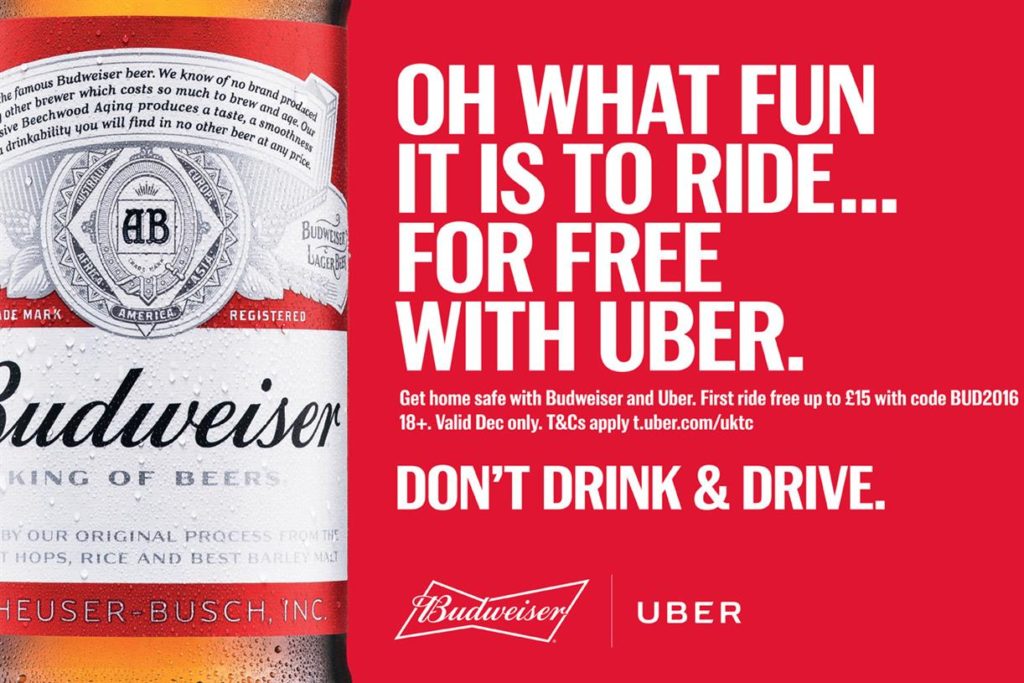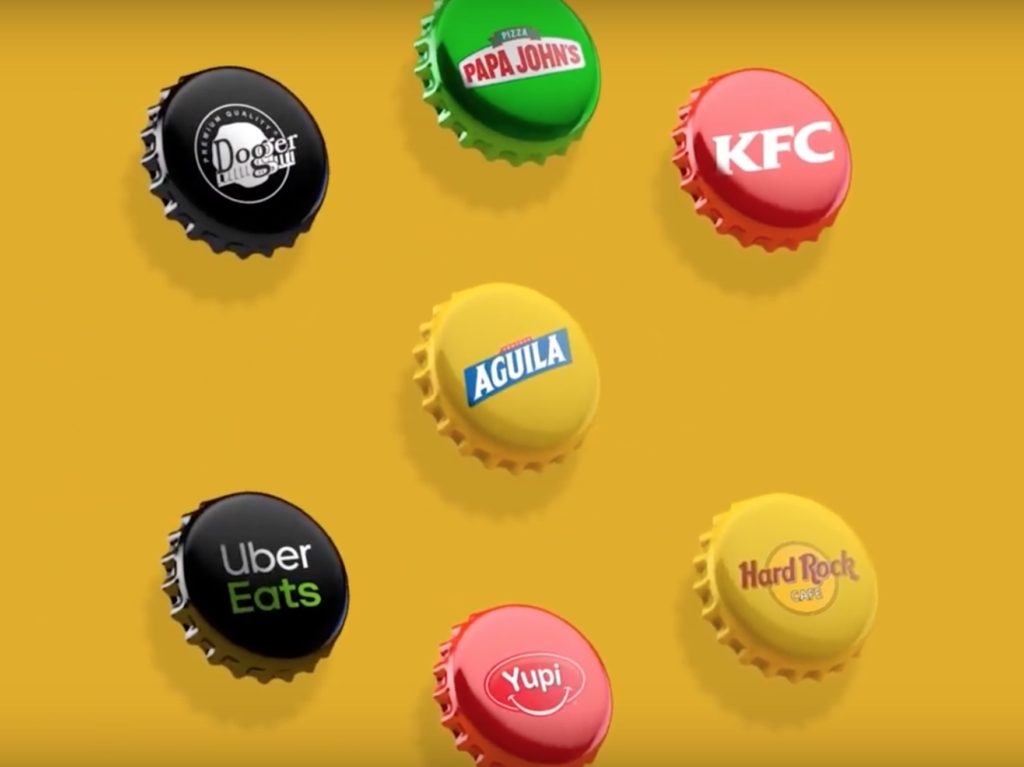People’s drinking habits and attitudes are changing, with beer brands battling to extract increasing value from fewer drinkers in a more contested market than ever. The big players in beer have spent the past few years scrabbling to ensure that they have the product range, brand awareness and distribution to be able to attract these new drinkers to their respective brands, but the battle will be won by the company that can tap into consumers’ lifestyles so as to become a catalyst for change of their own.
There has been a clear downward trend in alcohol consumption in the UK since the Office of National Statistics began measuring it in 2005. Back then 64% of UK adults said they had drank in the week before being surveyed, compared to the latest figure in 2017, which stood at 57%. Meanwhile, teetotalism rose from 18.8% to 20.4% over the same period.
Young adults are driving this trend. Those aged 16 to 24 are less likely to drink than any other age group. Cue a boom in the launch and sales of no- and low-alcohol (NOLO) beverages, which were worth £60 million to the UK’s pub trade in 2019, almost double the previous year, according to research firm CGA. Take supermarket sales into account, and this figure at least doubles. Interestingly, this same demographic is the most likely to binge drink, suggesting that when young people drink they do so to excess.
AB InBev, the world’s largest brewer and owners of iconic brands such as Budweiser, Stella Artois and Beck’s, wants 20% of its global beer volume to come from no or low alcohol brands (defined as any beer under 3.5% ABV). Meanwhile, noisy, disruptive independent BrewDog is looking to drive NOLO sales and change perceptions by connecting directly with consumers through opening an alcohol-free bar near London’s Old Street.
To stand out and truly connect with this changing marketplace, however, alcohol brands should also look to prove that they don’t just want to sell you more, but also care about what, when and how you drink. Doing this authentically demands going beyond simply displaying messages on cans and pushing NOLO alternatives. It involves taking direct action that touches people in the real world. According to YouGov, 18 to 24 year-olds are nearly 10% more likely to increase their alcohol consumption year on year, meaning that beer brands who can most authentically connect with this audience stand to benefit in the long-run.

Pre-dating the NOLO explosion, Budweiser’s partnership with Uber helped London’s 2017 New Year revellers get home safely and discourage drink driving by offering discounted taxi rides. Few other booze brands, however, have taken such practical direct action to counter the negative effects of drinking. Well, until now… Colombia’s leading beer Aguila – another AB InBev brand – recently launched a campaign partnering with a range of brands to promote responsible drinking. On Friday and Saturday nights between 10pm and 1:30am people could trade in Aguila’s specially branded beer bottle tops for food and water to quell the effects of alcohol, with KFC, Papa John’s among the partners involved. Free Uber rides were also up for grabs.

Critics could view this approach with a certain amount of cynicism in that it looks like a responsible drinking campaign designed to sell more alcoholic beer. Rewarding people for not drinking alcohol would arguably be more authentic, but would consumers have taken it up so readily? Reducing the cost of a night out and the impact of a hangover without making my evening any less fun is the sort of campaign that I, a committed drinker for over a decade, would want to get involved with.
Meanwhile, Aguila’s move to bring other brands to the table that are popular with their audience is a great way to increase engagement and spark positive action. It’s been seen many times before with causes such as the environment, but it’s usually an event or organisation that becomes the epicenter of brand activity (think of Corona’s and Adidas’ partnership with Parley for the Oceans) and rarely a consumer brand itself. In 2018, Stella Artois trailed a ‘Beer and Bites’ initiative in the UK whereby consumers would get a portion of specially paired olives with their pint of Belgian lager. Would the initiative have been more successful if consumers had been able to swap their olives for a branded bar snack of their choosing?
Pushing its campaign and influence further, Aguila has boldly ventured beyond its core market, erecting billboards in Japan, the Netherlands, Ireland, the US and the Czech Republic that challenge other beer brands to help consumers drink responsibly by giving up the branding on their bottle caps. Targets included Heineken, Guinness (Diageo) and Asahi, with more than a hint of Brewdog’s penchant for calling out their rivals.
So, the gauntlet has been thrown down. Will other brewers take up the challenge and progress from simply looking to shift units of their NOLO products, to taking direct action to drive responsible drinking and improve the wellbeing of their customers? It would surely help boost engagement and loyalty in a highly competitive market. And it would certainly be something worth raising a glass to… preferably with a snack and glass of water as a chaser.

Article by Chris MacRae, Senior Account Manager at global brand experience agency Sense.

You must be logged in to post a comment Login